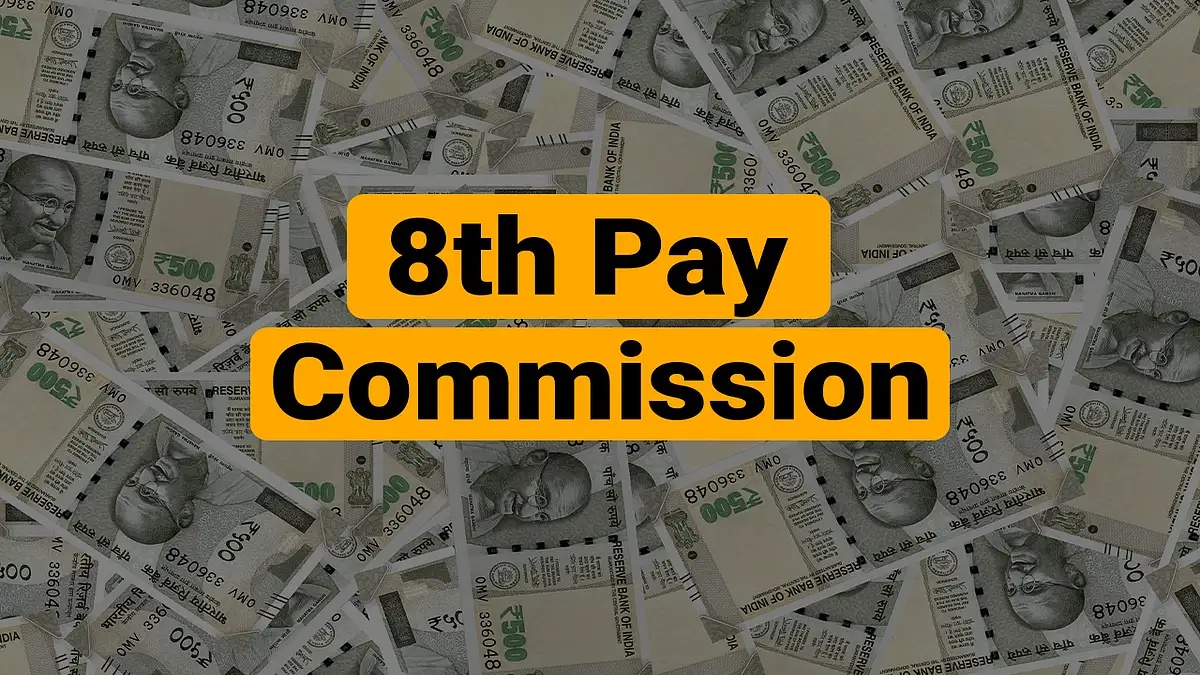
Implementation Timeline Faces Uncertainty
The potential delay in the implementation of the 8th Pay Commission has sparked significant concerns among central government employees and pensioners. Initially expected to be finalized by January 2026, the revised timeline now appears to stretch beyond the financial year 2026-27. This delay is attributed to the prolonged process of finalizing the Terms of Reference (ToR) for the commission, which has not been issued despite over 166 days since its announcement. Stakeholders argue that the 7th Pay Commission, which took 18 months to submit its report, set a precedent that the 8th Commission might follow, leading to a similar delay. The current situation has raised doubts about whether the much-anticipated salary and pension hikes will materialize by the end of the current fiscal year.
Stakeholder Anxiety Over Institutional Delays
Employee unions and financial analysts are expressing apprehension over the government’s delayed action in setting up the 8th Pay Commission. The lack of clarity regarding the ToR has created a vacuum of information, leading to widespread speculation about the commission’s intentions. A union leader highlighted that the 7th Pay Commission’s report, which took 18 months to finalize, was scrutinized by the government for six months before approval. This suggests that the 8th Commission’s process could take an equally extended period. The absence of a clear timeline has left employees uncertain about the credibility of the government’s commitment to their welfare, with fears that the initiative might be a mere administrative gesture rather than a genuine effort to address long-standing grievances.
Employee Forum Demands Transparency
The National Council-Joint Consultative Machinery (NC-JCM), representing central government employees, has formally raised concerns about the prolonged delay in the 8th Pay Commission’s formation. In a letter to Cabinet Secretary TV Somanathan, NC-JCM’s Staff Side Secretary Shiv Gopal Mishra emphasized that the ToR has not been circulated despite the forum’s inputs from January. The lack of communication has fueled speculation and eroded confidence in the government’s sincerity. Mishra warned that the continued delay could undermine the legitimacy of the commission’s establishment, with employees questioning whether the process is a genuine administrative initiative or a political maneuver. This lack of transparency has intensified anxiety among workers, who are now grappling with the possibility of further postponements to their much-anticipated salary adjustments.
Financial Implications and Policy Challenges
The potential delay in the 8th Pay Commission’s implementation carries significant financial implications for the central government and its employees. With the current fiscal year approaching its conclusion, the delayed rollout of salary and pension hikes could affect the purchasing power of millions of workers. Analysts suggest that the government’s slow response may be influenced by the complexity of recalibrating pay structures to align with inflation and economic conditions. However, the extended timeline risks exacerbating employee dissatisfaction, particularly among those who have been waiting for years for a comprehensive review of their compensation. The challenge lies in balancing fiscal responsibility with the need to address the long-standing demands of a public sector workforce that has faced stagnant wages for over a decade.
Path Forward and Legislative Considerations
Despite the uncertainties, stakeholders remain hopeful that the 8th Pay Commission could still be operationalized by FY27, albeit with a revised timeline. Union leaders acknowledge that the process might be fast-tracked, but they emphasize the need for transparency in the ToR formulation. The government’s ability to navigate this complex process will depend on its capacity to engage with stakeholders effectively and ensure that the recommendations are both equitable and sustainable. As the debate over the commission’s implementation continues, the focus remains on balancing the interests of employees with the fiscal realities of the government. The outcome of this process will have far-reaching implications for the morale and productivity of the central government workforce, underscoring the importance of timely and fair resolution to their long-standing grievances.




